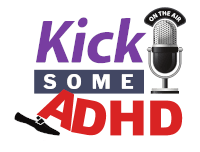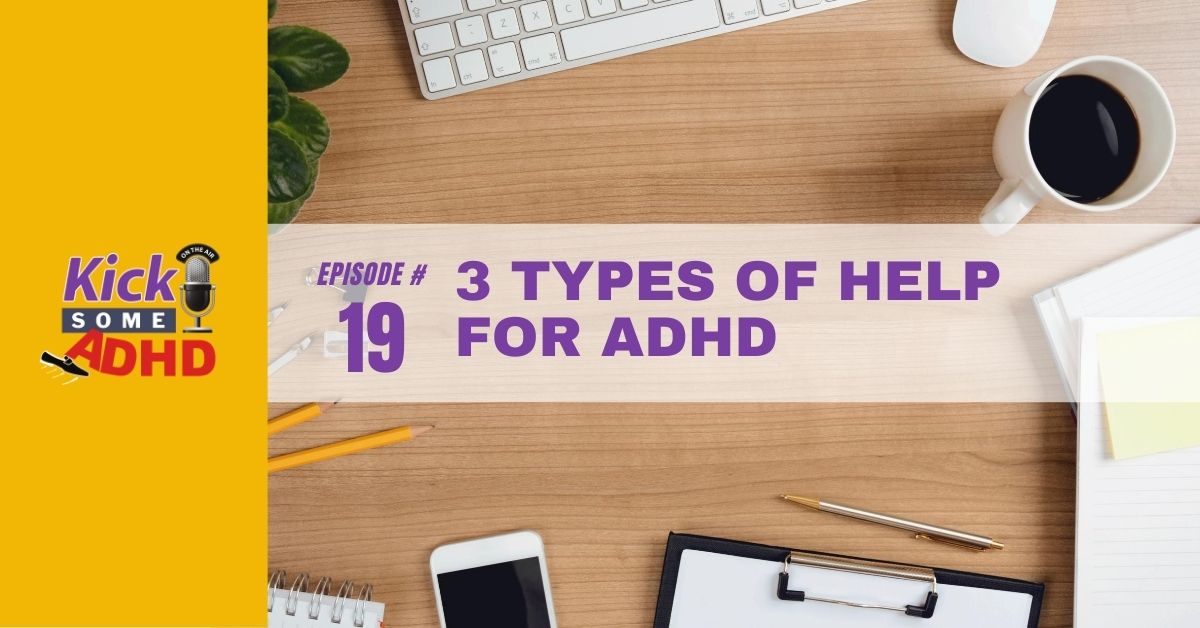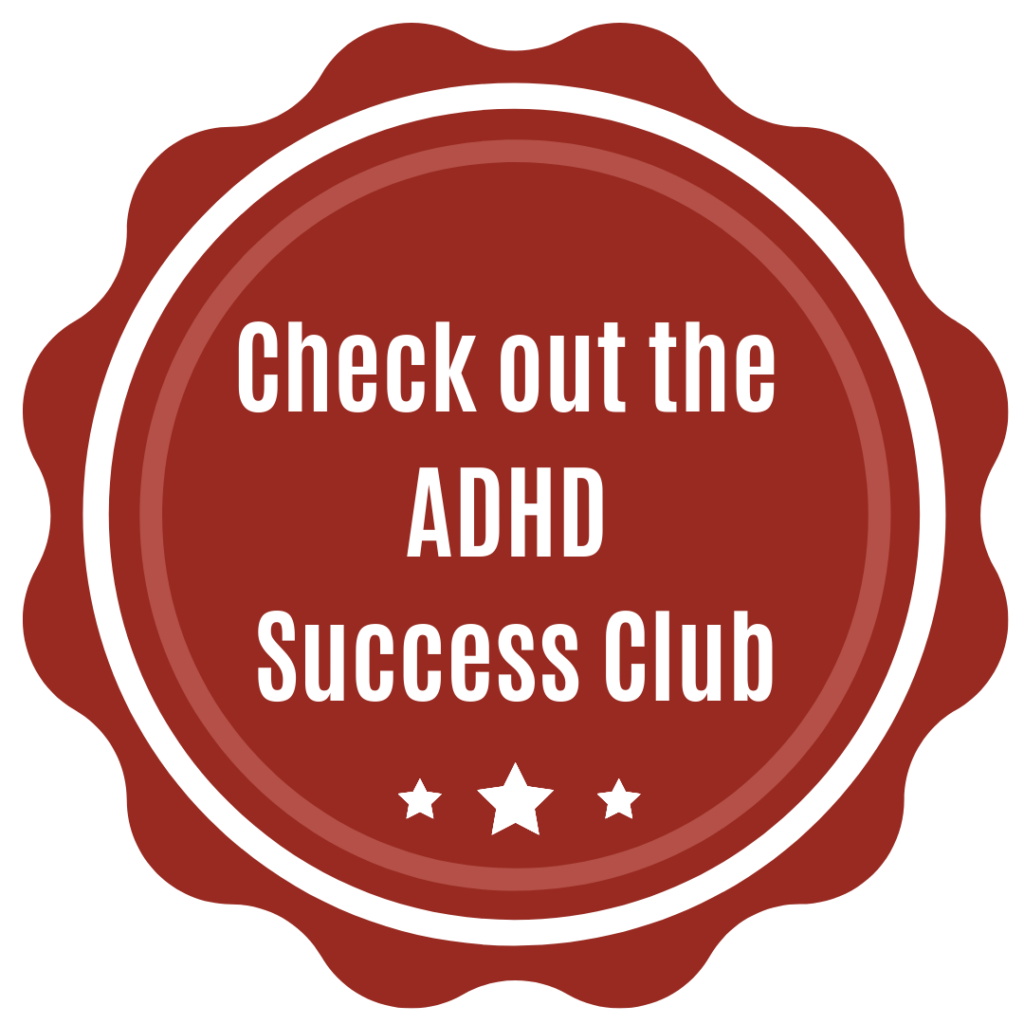Podcast: Play in new window | Download (Duration: 32:31 — )
Subscribe: Apple Podcasts | Spotify | RSS | More
ADHD is complicated. It affects every area of our lives. One huge question that confronts nearly every adult with ADHD is this one:
Where do I get the help I need?
In fact, a more basic question is: “What help do I need?”
In 1999, the National Institute of Mental Health published the results and findings of a 14-month study of Multimodal Treatment of ADHD, which resulted in the broad definition of 3 major types of help for people with ADHD.
Today, Dana characterizes those 3 types of help in this way:
- Optimize your brain
- Soften emotional damage
- Learn skills
Optimize Your Brain
Getting your brain on board to be more effective with ADHD might involve seeking the help of a psychiatrist or physician who can provide treatment in the form of medication. But it also involves helping set your brain up for success by getting plenty of sleep, adjusting your nutrition, getting plenty of exercise, and other self-care techniques.
Soften Emotional Damage
ADHD brings perfectionism, shame, rejection sensitivity, and any number of other emotional struggles along for the ride. Dealing with these might involve therapy, support groups, and other forms of professional help.
Learn Skills
An important third layer of help involves designing your life so you can succeed. This is where working with other types of professionals like ADHD coaches can make a huge difference. Getting your life organized, implementing ADHD-friendly systems, and gaining strategic mindsets, habits, and skills all work together to help you maximize your unique abilities while helping you avoid ADHD landmines.
What have you found that helps you? What areas do you still need help with? Sound off in the comments below!




Hello,
Our 21 year old daughter was diagnosed with ADHD a couple months ago and as her mother I am seeking information and resources for her. There is so much information on the internet it can be overwhelming. I also just learned about RSD which I think is what may be preventing her from seeking help; along with executive function challenges. Our community does not have any ADHD specialists so I am struggling to find good help to guide her on this journey. I would be more than grateful if you would recommend where to start along with what podcast might be a great one to explain ADHD to family and friends.
Also, do you have a way to search your podcast episodes online? This would be super helpful but I had no luck and hoping there is a way to do so.
Blessings to you both – so grateful to have found your podcast!!